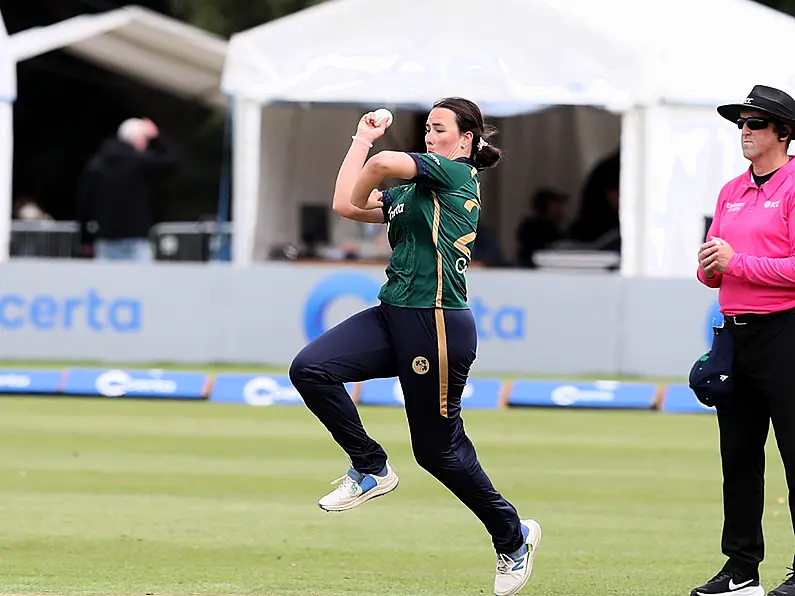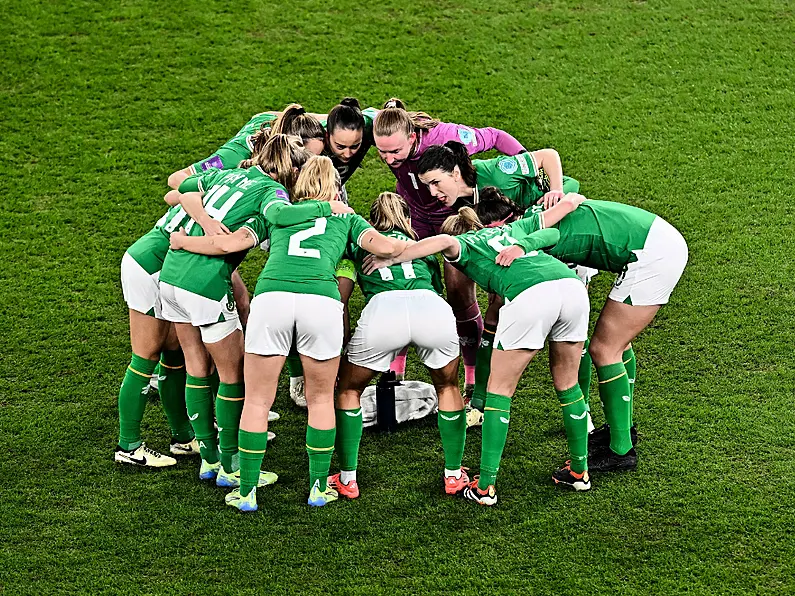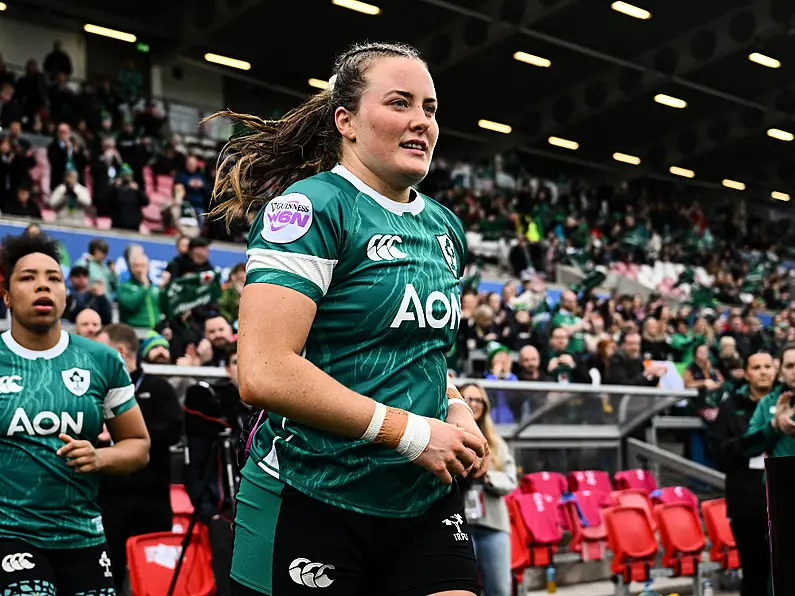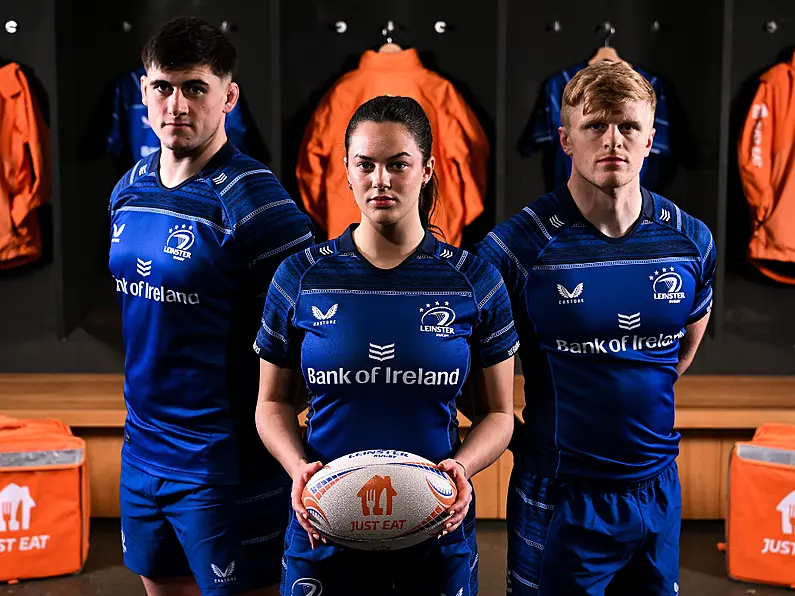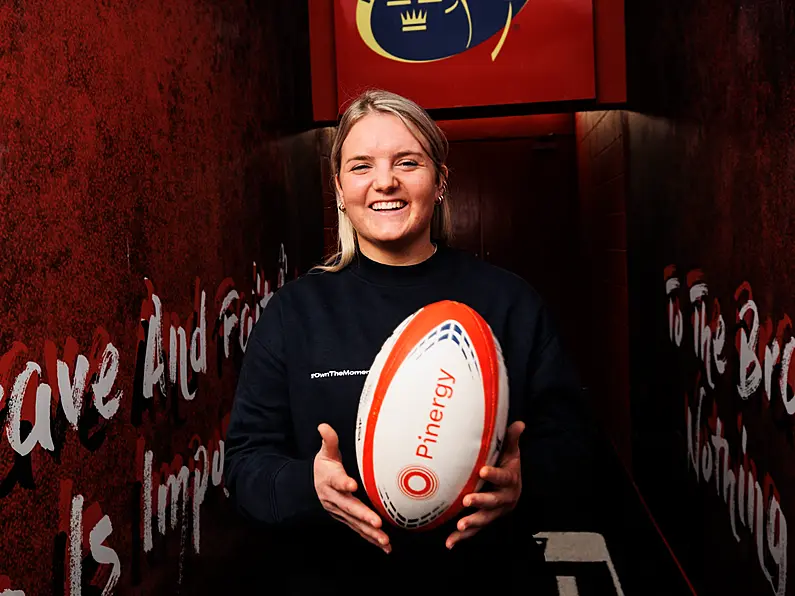Reflecting on a phenomenal Guinness Women’s Six Nations campaign in which they won the tournament outright for the sixth successive year and achieved a grand slam, English RFU CEO Bill Sweeney says Red Roses tickets are “probably priced too cheaply” given the growing rate of interest in the women’s team.
England vs Ireland saw the hosts garner a crowd of 48,778 people into Twickenham, where family of four tickets were priced a modest £50.
That’s in stark contrast to their men’s team’s outings at the same venue, where one ticket, for games such as England vs New Zealand back in November of 2023, could soar as much as up to £229.
Referring to that discrepancy as a “huge gap”, he went on to say that although he believes the organisation have “priced [them] too cheaply at the moment”, that the reason behind it is that they “want to keep the fans coming in and we want them to enjoy that experience.”
England will be the first country in the world to start making money from women's rugby - and everyone will say it's bc they've got more resources/more people when the reality is they understood the opportunity first and leaned in hard.https://t.co/cQvG38JQvV
— Ali Donnelly (@AliDonnelly) April 29, 2024
He also spoke of how despite this reality, that game did still manage to turn a profit for the association.
“I’m not saying we’re looking at a price increase but it is pretty low at the moment,” he added, speaking with The Telegraph.
In addition to the match itself, fans who attended England vs Ireland would have also born witness to a halftime performance from Sophie Ellis-Bextor, the singer behind the much acclaimed song, Murder on the Dancefloor, in yet another string to England RFU’s bow in terms of an attempt to broaden the scope of the Red Roses fanbase.
It comes as the country look forward to hosting the women’s World Cup next year, and it’s widely speculated that they intend to sell out all 82,000 available at Twickenham stadium for the final.
It is yet to be decided whether Twickenham will become the permanent home for the women’s team beyond next summer, just as it is for the men’s.
For example, England vs Wales in round two of this year’s Six Nations tournament was in fact on home soil, but took place at Ashton Gate in Bristol, in front of 19,705 fans.
The decision to play it there is part of a strategy that is utilised by many women’s sport organisations around the world at this point in time, in a bid to expose the game to more areas of any given country, once again in the hopes that it would expand the interest in women’s rugby.
It cost a family of four £50 to watch England dismantle Ireland at Twickenham#TelegraphWomensSport
— Telegraph Women’s Sport (@WomensSport) April 29, 2024
The conversation around that topic is one that continues to persist and be “a difficult one” to grapple with, Sweeney says.
“The reason we can’t take the men’s team around the country is because the financial hit to us is massive,” he adds.
“We have the stadium which costs a lot of money and we need to leverage that and make sure we get the right return at the moment.”
As things stand, the next big game for the England women is when they take on the Black Ferns, or New Zealand’s women’s side, this coming September.
That fixture will act as a preparation game for the WXV tournament which takes place just weeks afterwards, and will surely serve as a litmus test in terms of an attendance figure for Sweeney and his colleagues in order to see whether it will be possible for them to achieve their goal of having the Red Roses be a profit-making entity for the RFU by 2030 at the latest.



